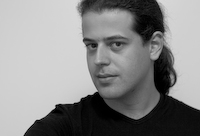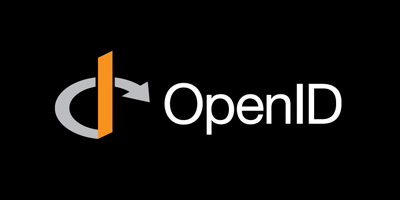New team member, Christoph Rüegg

Two weeks ago, we announced Dario Solera. Now, it’s the turn of Christoph Rüegg to be announced as new member of the team.
Christoph Rüegg has been a very early Lokad contributor since he spends a couple of weeks back in 2007 working on a very alpha version of our technology.
Christoph Rüegg is a very accomplished .NET developer, with a strong focus on scientific computing. He founded Math.NET - the most widely used mathematical libraries for .NET - back in spring 2002, which isn’t half bad considering that .NET 1.0 had been released 13 February 2002,
Interview with Christoph Rüegg, Developer at Lokad
Q. Why did you start working in software?
I got into computers rather early and was simply fascinated by it in every respect. This fascination never really lessened up to now. However, as I was spending a lot of time on software development in college already, I actually decided against computer science and went for electrical engineering instead, cherry-picking the most interesting CS courses on the way. Nevertheless it was just natural that the first internships and job I took indeed were in the field of software development.
Q. What did you do before joining Lokad?
I worked for a year for Microsoft in their Zürich Development Center. Our team was part of the Unified Communication group where we developed a new C#/WPF application related to Office Communication Server. Unfortunately I couldn’t delay finishing my studies any longer, so I had to go back to ETH Zürich to spend the last half year on my master’s thesis (on finding some VLSI optimizations in MIMO receivers).
Q. You’re also the leader of community project named Math.NET. What would you consider as the most valuable skills that you’ve acquired while developing this project?
The Math.NET project has accompanied me for almost eight years now, so most acquired skills are in some way or another related to it. Most of these skills are especially useful when they fall together, so I’d rather not single out a most valuable one. Nevertheless, very specific to Math.NET may be some experience in how to deal with numbers in programming and computing in general, which is very different from how one usually thinks about real numbers. There are loads of pitfalls that can lead to loss of precision, and tricks on how to work around them.
Beside of all the core skills, it also turned out to be a nice opportunity to train some team organization and collaboration skills - even more as the Math.NET team contributors are all voluntarily working together.
Q. What are the aspects that are looking the most interesting in your upcoming works at Lokad?
First of all, I’m very excited to join the Lokad team. I also expect working for Lokad to be a very different experience than working for my last employer, where in the end you’re one of tens of thousands of employees. For the technical aspect, I’m looking forward to work on real-world distributed and parallel computation including cloud based approaches. It will also be nice to work with mathematics from the concrete application point of view, as up to now I was almost exclusively in the role of the general-purpose framework provider.


